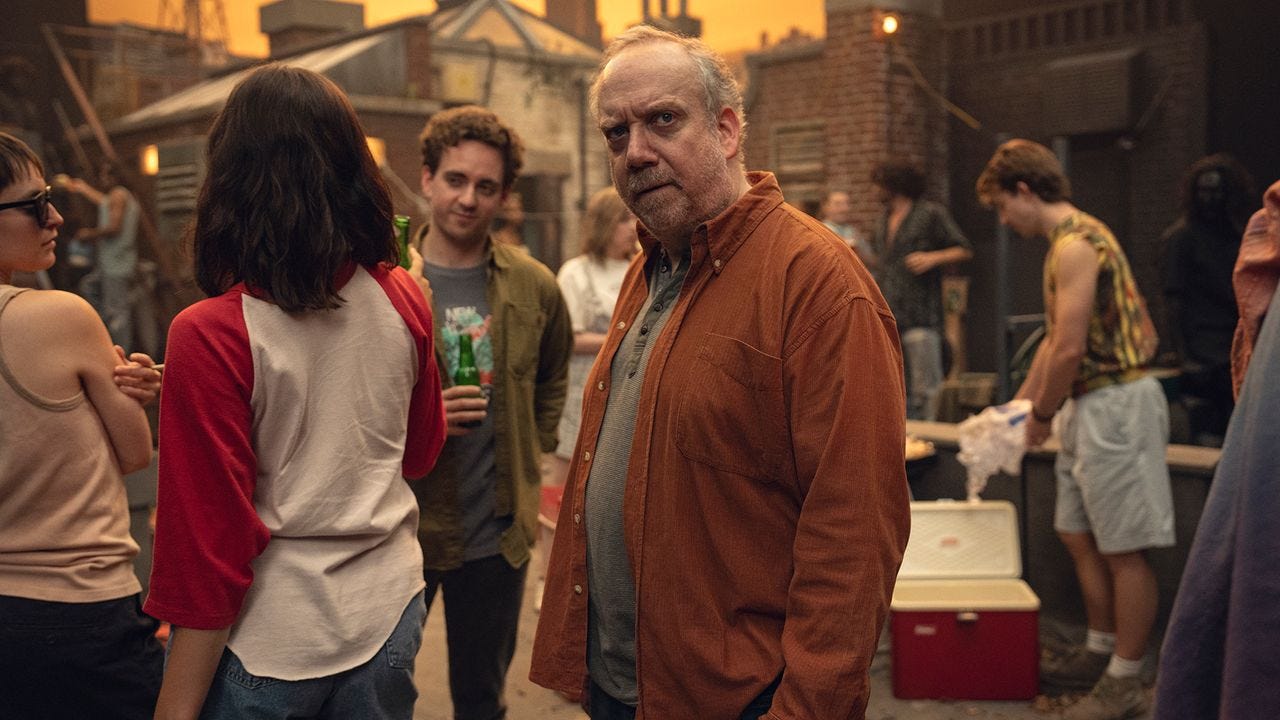Some months ago, I finally watched Inside Out 2. I loved the first one—and this one too. It’s pretty cool that these movies are helping large audiences begin to understand:
How anxiety works
How beliefs are formed
That repressing an emotion doesn’t mean eliminating it
How identity is formed
The complexity of emotions (for example, how sadness and joy can be intertwined)
By learning how these processes work, we can all deal with our internal turmoils in a slightly better way.
The core of both movies is, of course, the concept of emotions.
In a popular TED Talk, Tiffany Watt Smith—drawing from Jaak Panksepp and Lisa Feldman Barrett—explains what emotions are:
The most recent developments in cognitive science show that emotions are not simple reflexes, but immensely complex, elastic systems that respond both to the biologies that we've inherited and to the cultures that we live in now.
Think of it this way: it’s the difference between walking into a room where everything is scattered around, and walking into a place where everything is in its place.
I personally believe it’s impossible to put everything in its place—whatever that means—but I do think that just trying has a calming effect.
Recently, while chatting with Evan, we both said we’d love to see more Inside Out movies.
We imagined how would an Inside Out-type of movie could help visualize other mental processes such mental processes like working memory, attention, judgment and decision-making skills, value system, etc.
Sure, it’s easier to make an inspiring movie based on human emotions. Still, these other brain functions are what allow us to live productive lives—and they also support our emotional lives.
In those alternative universe’s versions of Inside Out, I’d love to see sequences like these:
What our brain looks like when someone loses our attention in a meeting, conversation, or pitch
What our brain looks like when, on the contrary, we’re captivated by someone presenting an idea, exciting us with a story, or energizing us to change a behavior
What our brain looks like when we’re trying to remember someone we forgot, and how smells, sounds and flavors can help us recover forgotten details like a place, a scene… or a face, like in Eulogy, episode 5 of season 7 of Black Mirror in which the amazing Paul Giamatti tries to remember someone important from his past. It is a beautiful episode that made me wonder about how wild and weird our memories are.
Then, we discussed how PIXAR should continue exploring Riley’s life as she grows up. Each life milestone has its challenges, contrary to the common belief that adults have everything under control.
Evan, who is in his fifties, agreed with me that it’s crazy to think our younger selves probably believed that by the time we reached our current ages, we’d be completely in control of our emotions—when we’re obviously not.
I would watch those Inside Out alternate versions!
OK, need to go to sleep. Andrés out.
Thanks for reading!
#day125




